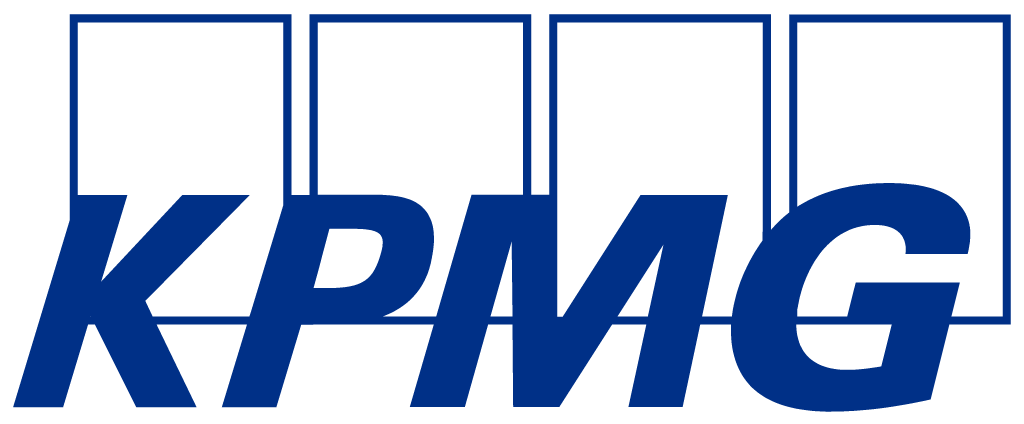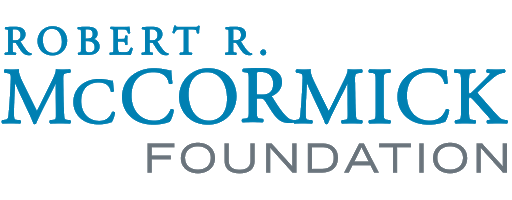John Austin and Alexander Hitch examine policies and priorities to drive equitable economic recovery in the Midwest in a world reshaped by COVID-19.
Executive Summary
In the midst of a national discussion about the need to update our infrastructure, the Midwest is primed for a new round of investment. The agenda for the country and for the Midwest must reflect the realities of an economy and society shaped by longstanding structural, economic, racial, and geographic inequities, accentuated by the onset of the COVID-19 pandemic. At the same time, this moment offers a clear opportunity to ensure that a new infrastructure development plan capitalizes on the unique assets and economic opportunities inherent to each region to accelerate economic growth and spread its benefits to more people and places.
In the Midwest, this agenda includes several core components. It must adapt to the economic realities of the post-COVID-19 world. It must also contribute to innovation in a host of sectors—from manufacturing to product-delivery systems to health care—while enhancing the ability to organize state- and local-level infrastructure initiatives. Finally, it must dovetail with the urgent need and newfound political will to close gaps in equity and opportunity based on race, income, and geography.
These priorities are broken down into five key policy areas:
- Support economic growth and vitality in a reshaped post-pandemic world. The agenda must account for post-COVID-19 economic realities: safer facilities, reoriented supply chains, and physically distanced work routines.
- Drive economic convergence and inclusion through infrastructure. The new agenda must reverse trends of community divergence with concentrated investment and focus on historically marginalized populations, as well as residents of communities isolated by geography— conditions brought into stark relief by the effects of the COVID-19 pandemic.
- Build sustainable and resilient infrastructure for a changing climate. With the backdrop of a changing climate, the agenda must capitalize on the Midwest’s natural assets, which include an abundance of fresh water, while pursuing resilient infrastructure.
- Enhance broadband to mark the Midwest as a leader in connectivity. Local and state governments, with federal assistance, must expand broadband access and affordability to ensure economic opportunity and business growth for all Midwest communities.
- Model sustainable and resilient transport and logistics systems. By modernizing its network of airports, highways, railroads, ports, intermodal stations, and storage to support fine-tuned supply chains, the Midwest can fashion a more sustainable and resilient production and delivery system.






